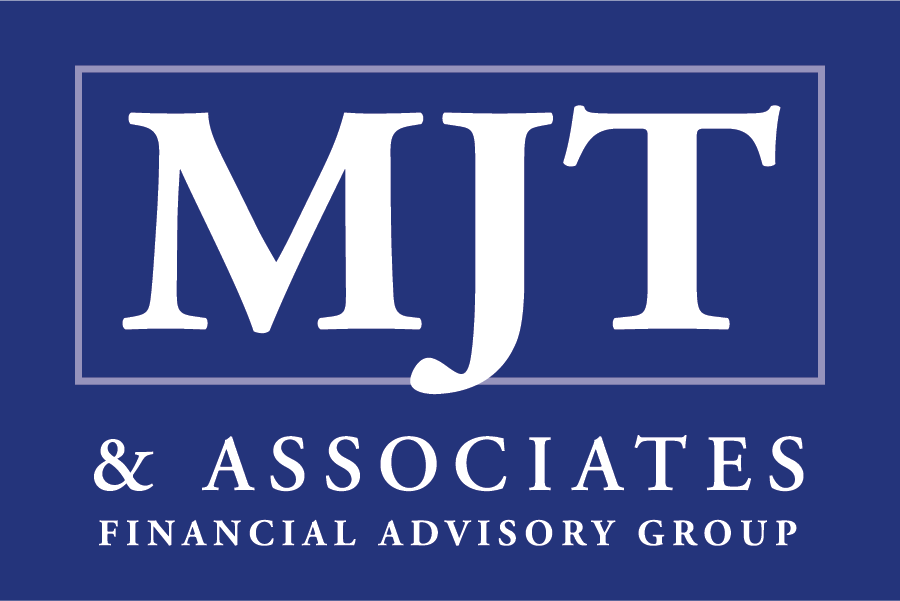When most people think about estate planning, they think about a will. It’s the traditional choice, and for some, it may be enough. But if your goal is to create a plan that protects your family, preserves privacy, and ensures smoother transitions—a trust may be the smarter move.
This isn’t about having millions. Estate planning with a trust isn’t just for the ultra-wealthy. It’s about clarity, control, and minimizing burdens for the people you love.
Trust vs. Will: What’s the Difference?
A will is a legal document that directs how your assets should be distributed after you pass away. But it must go through probate—a court process that can be time-consuming, expensive, and public.
A trust, on the other hand, is a legal arrangement that holds your assets on behalf of your beneficiaries. When properly structured, it can bypass probate entirely, giving your family faster access to what you’ve left behind. A trust also offers greater control, customization, and privacy than a will alone.
If you’ve been asking yourself, “Should I get a trust?”, here’s what you need to know.
When a Trust May Be the Better Option
Wills and trusts serve different purposes, and one isn’t always better than the other. But in many situations, a trust offers advantages that a will simply can’t provide.
You Have Minor Children or Special Needs Beneficiaries
If your heirs are young or need long-term financial support, a trust can manage distributions over time—rather than giving them a lump sum all at once. It can also protect benefits eligibility for children with special needs.
Your Family Structure Is Complex
Blended families, estranged relatives, or multiple marriages can make estate planning more sensitive. A trust gives you more tools to control how, when, and under what conditions assets are passed on.
You Own Property in More Than One State
Without a trust, your estate may need to go through probate in multiple states, each with its own legal process. A revocable living trust can help consolidate those assets and avoid multiple court proceedings.
You Value Privacy
A will becomes part of the public record once it's filed with the probate court. A trust, by contrast, remains private. That means your assets, your beneficiaries, and your final wishes are kept out of the public eye.
You Want a Faster, Smoother Transition
Probate can take months or even years. Trusts allow your trustee to act immediately, managing and distributing assets without waiting on the court. That can make a real difference for your loved ones during a difficult time.
Types of Trusts to Consider
There isn’t just one kind of trust. The right type depends on your goals, your assets, and your family’s needs.
Revocable Living Trust
This is the most common choice for individuals and couples looking to simplify estate transfer. You can change or revoke the trust during your lifetime, and it becomes irrevocable upon death. It helps avoid probate while allowing full control while you’re alive.
Irrevocable Trust
Once established, this type of trust can’t be changed. But it comes with benefits, including asset protection, potential estate tax reduction, and strategic planning for Medicaid eligibility in later years.
Charitable Trusts
These trusts allow you to give to a cause you care about while potentially reducing your taxable estate. They’re often used as part of a legacy giving strategy.
Common Misconceptions About Trusts
Many people hesitate to create a trust because of outdated assumptions. Let’s clear those up.
“They’re Too Expensive”
While a trust may involve more up-front legal work than a will, it often saves money in the long run by avoiding probate costs, court fees, and delays.
“I Don’t Have Enough Assets”
If you own a home, have retirement accounts, or want to leave clear instructions for your family, a trust may still be a wise tool—even if your estate isn’t large.
“Only Attorneys Can Explain Them”
Trusts are legal documents, but they’re also financial and tax tools. At MJT & Associates, we help clients understand how a trust fits into the bigger picture—and we work closely with estate attorneys to get the legal structure right.
Why Coordinated Planning Is Key
A trust is just one part of your overall legacy strategy. It needs to align with your beneficiary designations, retirement accounts, life insurance policies, and tax planning goals.
At MJT & Associates, we take a planning-first approach. That means helping you evaluate whether a trust makes sense, coordinating with your estate attorney, and ensuring your trust integrates with your broader financial life.
We don’t sell legal documents—we help you build clarity and confidence around your legacy.
Conclusion: A Trust Is More Than a Document
A trust isn’t just a piece of paper. It’s a powerful, living structure that helps protect your family, simplify transitions, and preserve your wishes.
Whether you’re navigating retirement, building a business, or preparing for the future after divorce, the right trust could be the key to achieving the outcomes you care about most.
At MJT & Associates, we help clients explore whether a trust is the right move—and how to make it work for their life, their values, and their goals.











